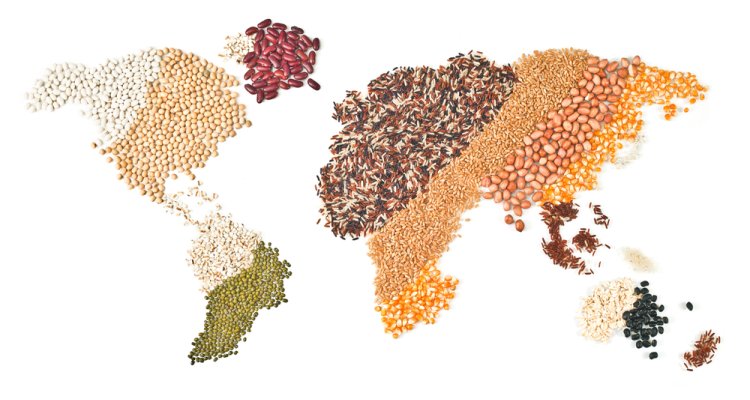
Project
Nutritional Alchemy: Unraveling the relationship between Food Processing, Food Matrix, and Metabolism
Food production advancements have provided safe and affordable food access to millions. Yet, environmental concerns and links to chronic diseases prompt criticism, suggesting food processing contributes to both climate change and health issues.
Although we have more food than ever and advances in food production and formulation have given millions access to safe and affordable food, processing practices frequently reduce nutrient quality and break cell structures. For instance, conventional pulse flour production often breaks the cell wall, making nutrients more accessible for digestive enzymes, while current conventional extraction
methods that are used for some ingredients production, are known to be not environmentally sustainable. Mild extraction methods could reduce the impact on the environment, however, the impact of these methods on metabolism is still unknown.
Therefore, this project investigates in vitro and in vivo how flour production, fractionation, and postprocessing techniques influence the food matrix, digestion, and metabolism of pulses and grains. Starch and protein are targeted as the main macronutrients for this study. With this we aim to produce some insights that guide the development of healthier, tastier, and more sustainable food options.
methods that are used for some ingredients production, are known to be not environmentally sustainable. Mild extraction methods could reduce the impact on the environment, however, the impact of these methods on metabolism is still unknown.
Therefore, this project investigates in vitro and in vivo how flour production, fractionation, and postprocessing techniques influence the food matrix, digestion, and metabolism of pulses and grains. Starch and protein are targeted as the main macronutrients for this study. With this we aim to produce some insights that guide the development of healthier, tastier, and more sustainable food options.